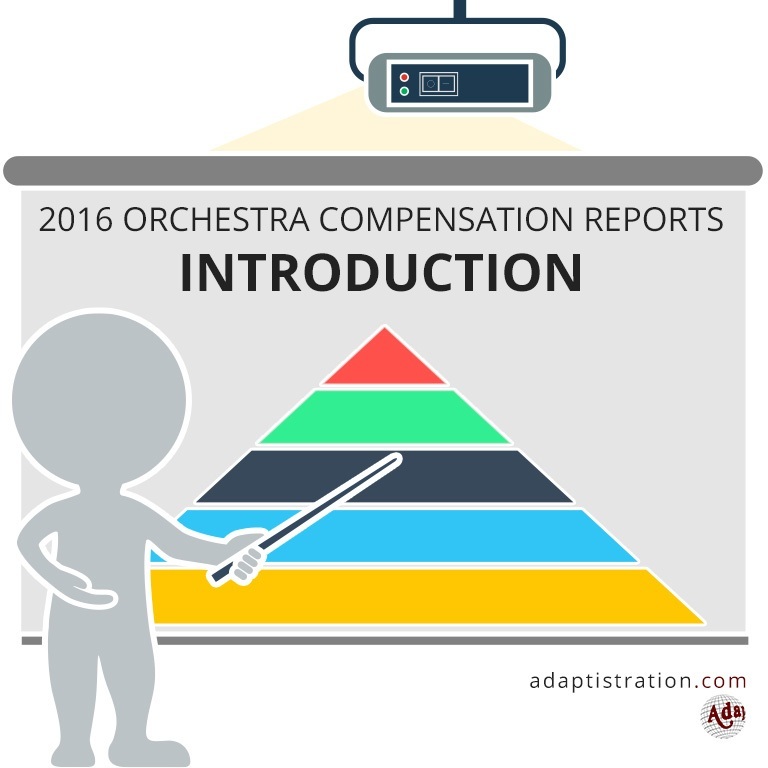NPR published an article by Pam Fessler on 9/28/2009 that reports on an increase in nonprofit CEO compensation in 2008. Although the article doesn’t examine performing arts organizations in particular, it does observe some trends in nonprofit compensation that are quite apt to this field. Fessler’s article has generated a great deal of comment feedback from readers that covers the gambit from those who are appalled at the rate of increase and overall levels of nonprofit executive compensation to those who think it is entirely justified…

Spurred by a recent report from The Chronicle of Philanthropy, the NPR article doesn’t examine one of the dirty little secrets of executive compensation whether it is for profit or nonprofit: deferred compensation. Nonetheless, the Chronicle report touches on deferred compensation a bit by pointing out that a considerable amount of compensation from 2008’s top earners was reported as deferred income.
Deferred compensation is a fairly broad term that encompasses remuneration outside of basic salary payments but don’t think of it as a fancy name for bonus payments, those are something else. To get an idea of just how complex deferred compensation is, the IRS has an array of guidelines on how to report executive deferred compensation apart from base salary, bonuses, compensation benefits, etc. and even enhanced the reporting measures nonprofit organizations must use when filing annual Form 990’s.
In and of itself, there is nothing nefarious about deferred compensation, it exists for good reason. But what makes deferred compensation relevant at this point in time is in the climate of shared concessions, deferred compensation can be used as a loophole by less than scrupulous boards and executives to recover CEO compensation lost to voluntary salary reductions. For the sake of clarity, let’s call this practice surreptitious deferred compensation. This practice is particularly ironic in organizations resisting the notion that economic restoration for all employees (musicians and staff) is an integral component of strategic recovery.
This sort of loophole oriented surreptitious deferred compensation is easily explained away if noticed by stakeholders at a later date. At the same time, the very fact that it is deferred means most stakeholders will succumb to out-of-sight, out-of-mind syndrome and fail to notice it when it shows up on the organization’s 990 a few years down the road.
So the next time you’re reading about budget cuts and labor conflict at your local performing arts organization, keep an eye out to notice if anyone is talking about deferred compensation. If not, ask.
Postscript: Speaking of compensation, make sure you read Dan Wakin’s article in the 9/30/2009 edition of the New York Times about Philadelphia Orchestra appointing Allison Vulgamore as their new executive. Toward the end of the article, Wakin uses some perspective from me to provide a comparative picture of Vulgamore’s compensation at the Atlanta Symphony Orchestra and what her predecessors earned in Philadelphia and other large budget orchestras.


